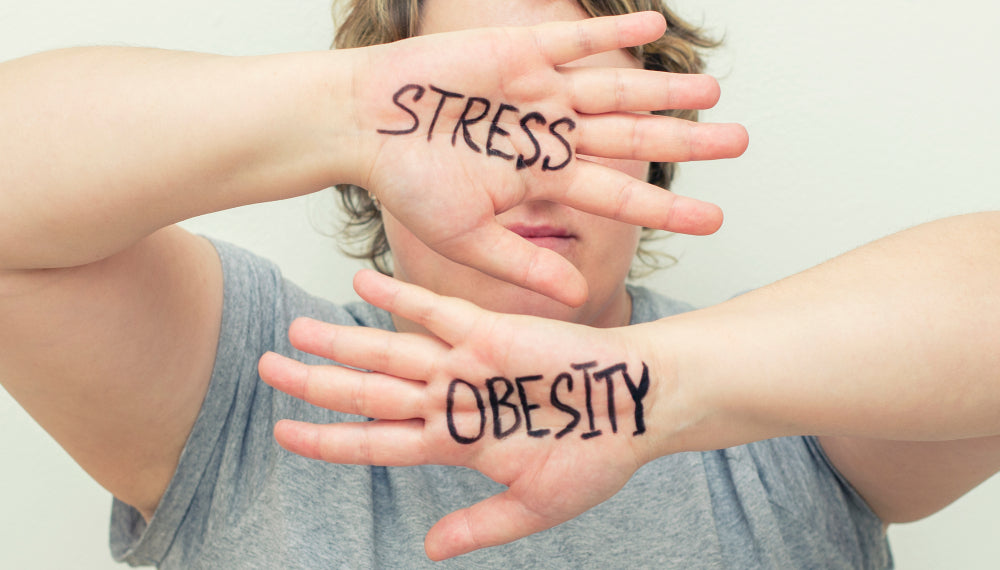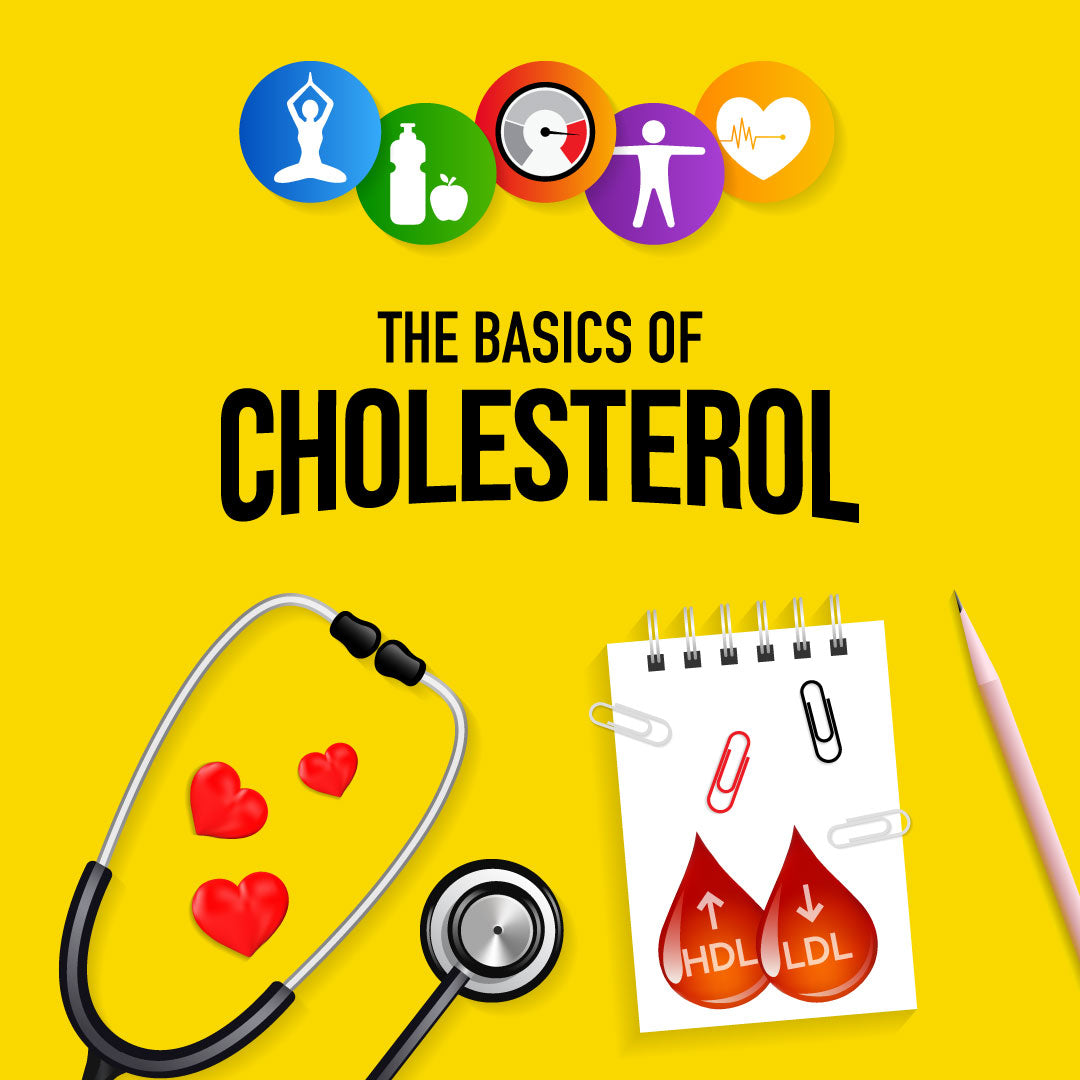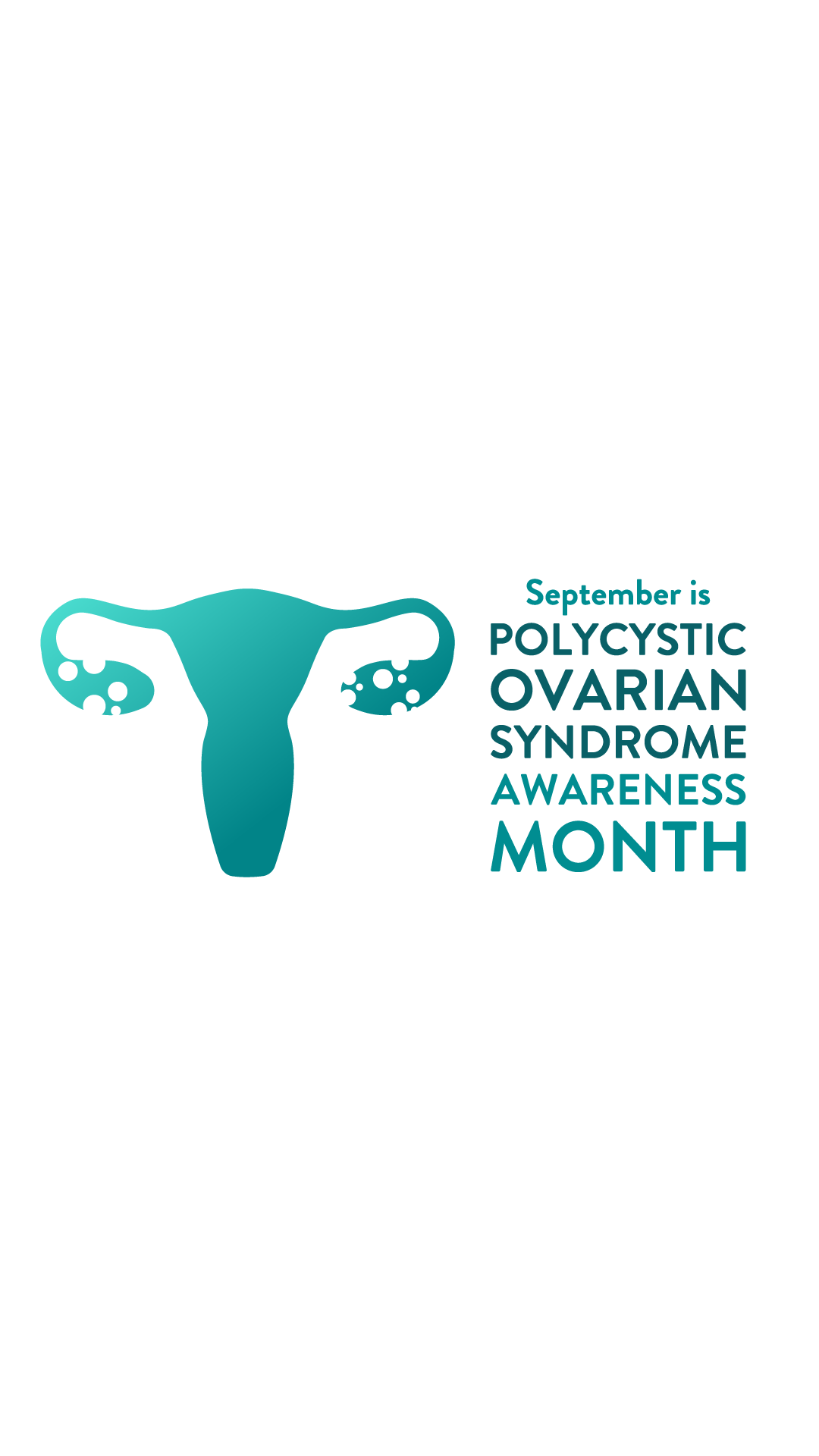knowledge
How Stress May Be Affecting Your Weight Loss

How Stress May Be Affecting Your Weight Loss
This is going to sound crazy, but stress is actually a normal part of a healthy life. If you had the same gut reaction to reading that line as I had to writing it, you’re probably experiencing too much stress. The truth remains though — under normal circumstances, stress is a good thing. After all, stress is a powerful protective mechanism designed to keep you alive in the face of danger.
However, one of the dangers we face — particularly when compared to our ancestors whose stress responses kept them from being eaten by sabre-toothed tigers — is having too much unrelenting stress in our lives. Too much stress puts our physical and psychological health at risk.
We’ve all heard of the fight or flight response. The ability to run away from or fight off a sabre-toothed tiger is a good thing. The problem with modern stressors is they often aren’t resolvable through fighting or fleeing. Things would be so much easier if you could punch your boss in the face and run away from that super stressful Monday morning meeting, wouldn’t they?

Instead, most of our stress comes from situations we can’t easily solve. A high pressure job, competing family obligations, and money troubles are complex situations requiring complex resolutions that aren’t necessarily served by a fight or flight response. Unfortunately, these are some of the most common forms of modern day stress, and as a result, our stress response is overused.
The Cortisol Response
When experiencing ‘normal’ stressors or threats to your personal safety, like a big dog lunging at you, the body’s stress-response system is self-limiting, meaning that once the perceived threat has passed, hormone levels return to normal. But when stressors are always present, such is the case with most modern day stress, that fight-or-flight reaction stays turned on.
When stressed, the body releases a cocktail of hormones designed to assist you in addressing and alleviating the stressor. One of these hormones is called cortisol, and when chronically elevated, cortisol can have serious effects on your ability to lose weight.

Here’s how it works:
One of cortisol’s main functions is to supply the body with energy during a period of stress in order to meet the physiological demands placed on it. Cortisol provides this energy by creating glucose through a process called gluconeogenesis, a metabolic series occurring in the liver where stored protein is converted into glucose. This wave of glucose energy is designed to help an individual fight or flee the stressor.
Long-term stress results in the continuous production of glucose, creating prolonged, elevated blood sugar levels. When blood sugar levels are elevated, our pancreas is forced to produce massive amounts of insulin in order to return blood sugar levels back to normal. In the presence of this much insulin, our cells become resistant and we are unable to burn fat. Think of insulin as the “gatekeeper” that allows or restricts access to our fat stores. Low levels of insulin allow our cells to release fat-stored energy, while high levels of insulin trigger our bodies to hold onto it.
Adding insult to injury, consistently high blood glucose levels along with insulin resistance leads our cells to believe they are starving. Those cells are crying out for energy, and one way to regulate that is to send hunger signals to the brain. This can lead to overeating and intense cravings for glucose heavy foods (carbs), which only serve to exacerbate the cycle. And of course, all the unusable glucose you’ve been triggered to eat is eventually stored as more body fat.
How to Combat Stress
Now that we understand how stress and cortisol negatively affects your weight loss efforts, here are some things you can do about it.
The body is amazing in that it has built-in regulators, designed to counteract itself when a response like “too much cortisol” is present. Learning how to naturally activate or increase the presence of these regulators is key to helping you get the most out of your weight loss efforts.
Growth hormone is an opposing cortisol hormone, meaning increased levels of growth hormone suppress the level of cortisol in your body. It is activated through sleep, exercise, and low blood glucose levels. The last one is tricky because we already know cortisol raises blood glucose levels. We’ll get to that in a minute, but let’s start on the first two.
Sleep
I’ll admit I’m not a very good sleeper. I love to sleep once I get there, but I resist going to bed and usually end up staying up way too late. I am on my phone way too much, thinking too much, trying to squeeze one more episode out of a binge-worthy Netflix series, or I feel restless and can’t get comfortable.

To get more sleep or to improve the quality of your sleep, try the following:
Keep a consistent sleep-wake cycle: Go to bed and wake up at the same time every day (yes, even on weekends). This helps set your body’s internal clock and will optimize the quality of your sleep. If you’re getting enough sleep, you should wake up naturally without an alarm. If you need an alarm clock, it may be a sign that you need an earlier bedtime.
Be smart about napping: I easily get caught in the nap cycle by falling asleep in the evening, napping for too long, and then not being able to fall asleep at bedtime. While napping is a good way to make up for lost sleep, it makes falling or staying asleep at night difficult. If you must have a nap, limit it to 15-20 minutes and only in the early evening at the very latest.
Avoid bright screens within 1-2 hours of bedtime: There are a number of studies warning us that bedtime screen usage is one of the leading causes of poor sleep quality. If you’re a phone junky like me, try setting a time where your phone goes down and you don’t pick it back up again until morning. If you’re not quite ready to break the habit of night time phone usage, at minimum, schedule your phone to switch over to a night-time setting to block the blue light that interferes with melatonin production.
Exercise
It’s a triple whammy when combating stress and high cortisol levels. Not only does it help you sleep better, exercise itself also stimulates the release of growth hormone while flooding your body with dopamine and endorphins. The release of these ‘feel good’ hormones helps combat the immediate symptoms of stress while growth hormone works to reduce the level of cortisol in your body. The great news is any little bit helps. Find something you enjoy doing and move your body.

Diet and Fasting
This next one is a little bit trickier. As mentioned earlier, having low blood glucose levels increases the amount of growth hormone your body releases. Great! Except we already know that high levels of cortisol increases blood glucose levels — so what can you do?
First of all, following a Keto diet is a great way to reduce and manage your overall blood glucose levels. If you’re already doing that, keep going! If you suspect that chronic high levels of cortisol are still impeding your Ketogenic weight loss efforts (as they’ve done in my experience), you may want to incorporate a little bit of intermittent fasting to your Keto diet. This may mean giving yourself a cutoff time when you stop eating for the evening, delaying your first meal of the day or both.
When in a fasted state (like first thing in the morning), your body releases Insulin-Like Growth Factor. IGF is a regulator hormone, similar to growth hormone in that it lowers cortisol. While insulin is responsible for controlling blood sugar levels while eating, insulin-like growth factor regulates blood sugar levels while you’re not eating. When you give yourself the chance to not eat, you’re automatically reducing your blood glucose levels while also releasing cortisol inhibitors like growth hormone and insulin-like growth factor.
Stress Be Gone



















































https://vavadacasino.onepage.website/
10 weeks agoWow, fantastic blog layout! How long have you been blogging for?
you make blogging look easy. The overall llok of your website is great, let alone the content!